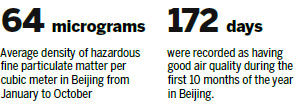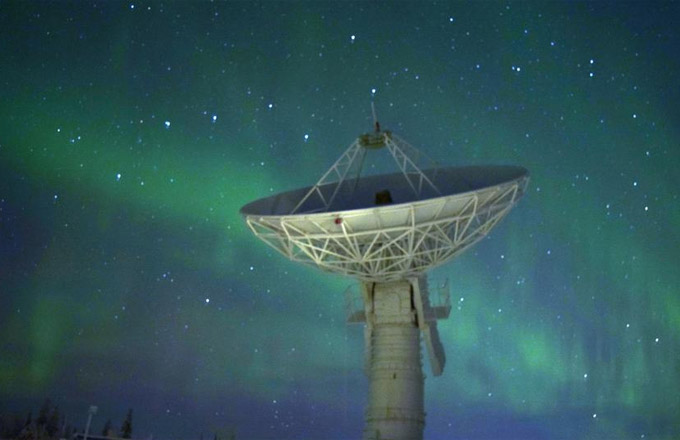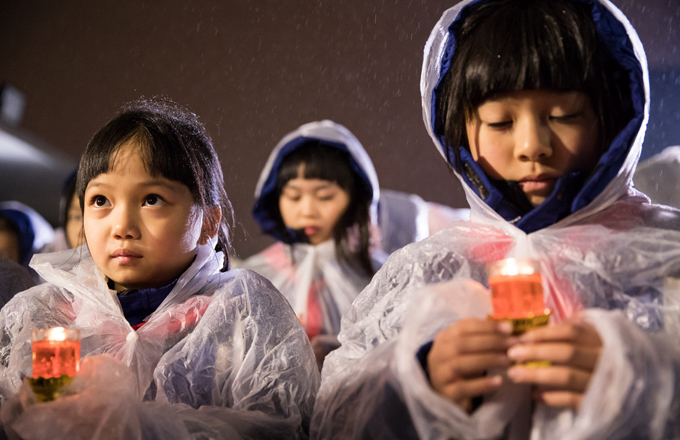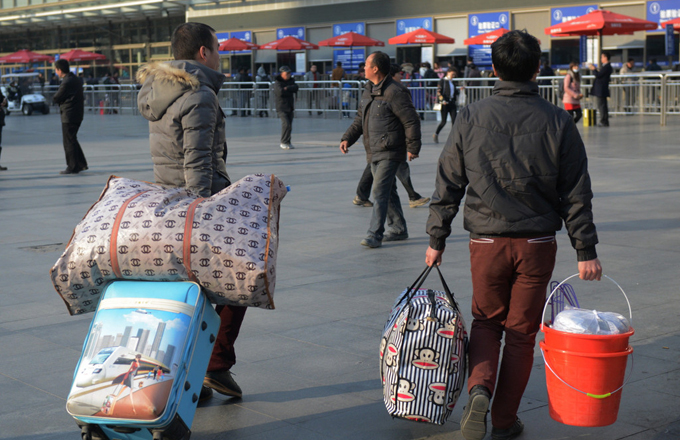Smog may be classified a 'disaster'
 |
|
A child is given an intravenous infusion at the Beijing Children's Hospital on Wednesday. Many children have recently been found exhibiting symptoms of respiratory illness, partly due to frequent smoggy days and significant changes in temperature.Ding Shan / For China Daily |
Beijing's lawmakers are considering listing smog as a meteorological disaster, but the move has been questioned, as smog is not seen as naturally occurring.
The legal committee of the Beijing Municipal People's Congress said the draft is still under review.
Wang Zifa, a researcher at the Chinese Academy of Sciences' Institute of Atmospheric Physics, was among a group of scholars raising doubts over the listing.
Wang said man-made smog is a type of pollution hazardous to humans.

The scholars said listing smog as a meteorological disaster could cause confusion and give polluters an excuse to evade their responsibilities.
The legislative affairs office of the Beijing municipal government said smog is a composite phenomenon formed by a combination of pollution and weather conditions. As smog has become a severe hazard, the legislation would help push for cross-sector government efforts in disaster control and improve public awareness.
The municipal legislature started work on the revision in May. It said that once smog is listed as a meteorological disaster, the city must take emergency measures in smoggy weather, including traffic control as well as work and school suspensions.
The legislature said the amendment is a local regulation.
Chang Jiwen, an environmental policy adviser with the State Council Development Research Center, suggested smog be added to a regulation on atmospheric pollution control, rather than classified as a meteorological disaster.
Beijing's average density of hazardous fine particulate matter from January to October was 64 micrograms per cubic meter, an annual decrease of 8.6 percent, according to the Beijing Municipal Environmental Protection Bureau.
The capital had 172 days with good air quality during the 10 months, 11 more than the same period last year.


















